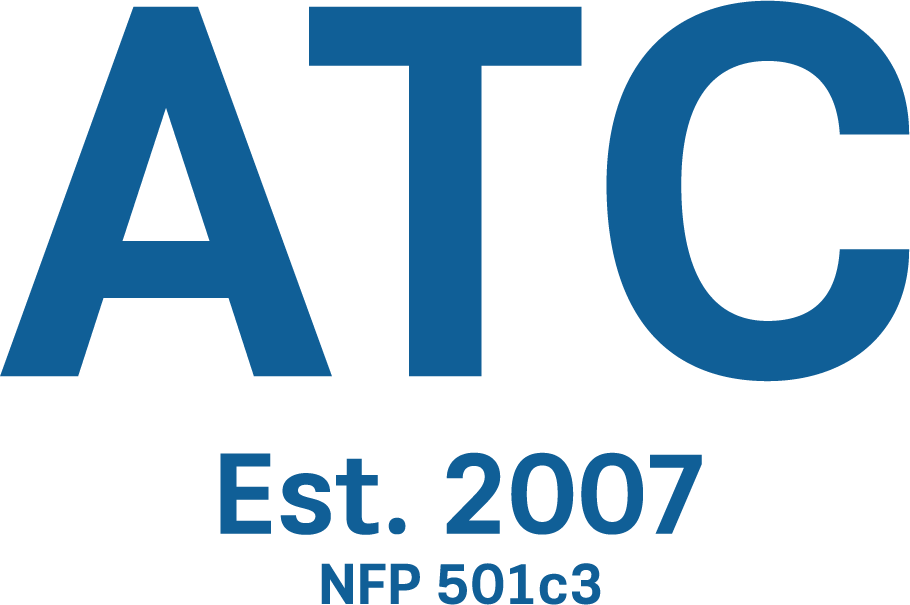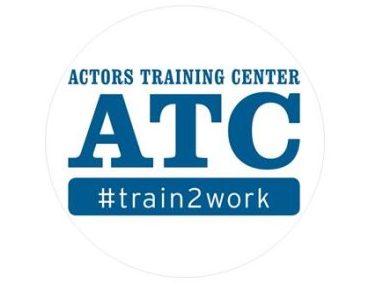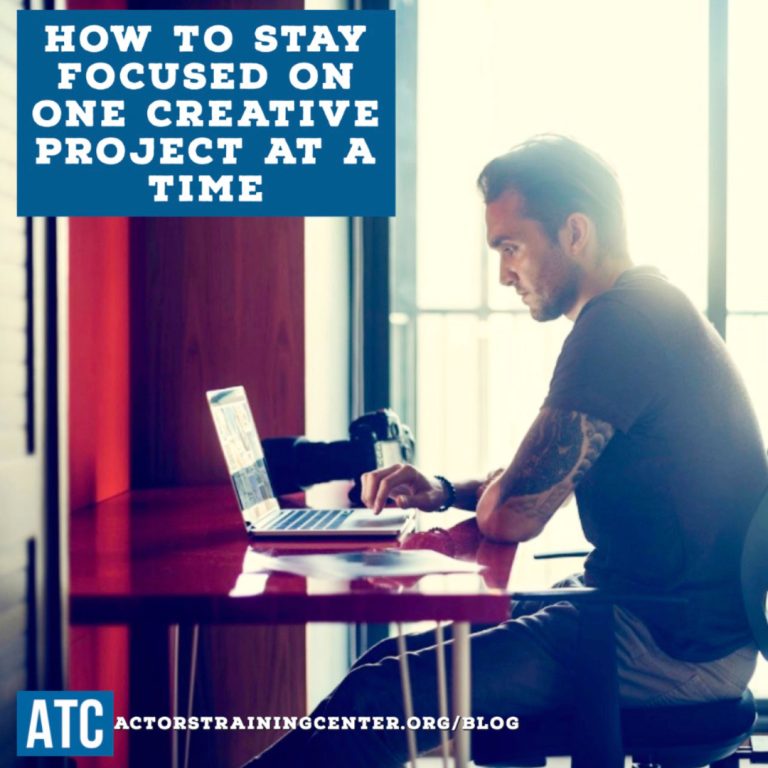While we all multi-task, letting our creative projects pile up in our minds can lead to the worst of all artistic enemies–creative block. Read on to learn how you can create the necessary focus to power through!
Today’s artist is not someone who spends leisure in a studio creating. Time demands can be intense on the artist and often come from multiple fronts. An actor, for example, may be rehearsing for a performance in the evenings while trying to write monologue pieces or scenes during spare time in the day. Add to the mix a job, family concerns, scheduling auditions, necessary body and vocal training, and it can all become a bit overwhelming. So how can you create the necessary focus to complete projects successfully and on time?
Practice Singular Focus
There’s just no way to focus on one thing all the time, but what you can do is begin by creating compartments for the way you live and building one goal within each compartment. You might for example section off: work, writing, family, physical training, and learning (you need to create compartments that make sense to you).
The second step is to practice singular focus. Leave your phone in another room while you’re working on a task, try going for a walk without listening to that podcast, leave the television off while you prepare dinner. These moments of “being present” not only train your mind to focus on one task, but also can be reflective “aha” moments where creative inspiration happens.
If your list of tasks continues to intrude even after practicing focus, it can help to write them all down. Too often what seems huge in our head suddenly becomes manageable when we see the list on paper. Creative ideas can be played out in a journal, where you can make notes on approach, forms, initial ideas, and more. These notes may also help you understand which ideas fascinate you the most and are thus most likely to propel your creative process forward.
Be SMART
As you create goals for each area of your life, it’s useful to keep the acronym SMART in mind. SMART stands for Specific, Measurable, Attainable, Relevant, and Time-based. Creative artists are often juggling multiple project ideas, so to generalize something like “I will write a play this summer” may do little to stop the terrifying bounce of ideas in your head. It’s thus important to be specific: “I will write a play about a father and son backpacking in Colorado.”
The next step is to choose a measurable outcome for your goal. Ask yourself how many pages you can create per day or how many days it will take to write a piece of a certain length. As you make these decisions, you also need to be realistic about how attainable your goal is in relation to the time you have available.
Finally, you need to assess the relevance of your project both in terms of your response to it (does this project inspire me) and to the schedule of things you need to accomplish (is this a priority?) Doing so will help you to set a time-based schedule for the completion of your project.
Know Yourself
Creative block often stems from procrastination caused by specific fears or concerns we internalize. It is useful to know what drives your fear of starting a project and staying on task. Here are some particular reasons people struggle with focus and ways to alleviate those fears:
- You’re a dreamer who has lots of ideas but the thought of putting them into practice seems overwhelming–try creating a daily schedule for doing your creative work. Don’t worry about whether it’s good or not. Even the worst thing you create will teach you something about the process and make you a better artist. This sense of doing will move you away from dreams to a feeling of accomplishment.
- You’re someone who only creates well under duress or who needs a timeline–you can actually create this sense for yourself, if it helps, by committing to an inescapable deadline such as a contest deadline or a commitment to an authority figure in your life. Even for small tasks, you can create a sense of obligation by agreeing with a friend that you will have a finished piece to them by a certain date (works well to trade off commitments).
- You’re a perfectionist who fears the final product won’t be good enough–Some time ago a workshop leader gave a group of writers I was part of an assignment and dismissed us to go and write a “crappy first draft.” The moment was freeing. For artists, ideas too often bottleneck in our heads tangled with ideas of perfection. Creating is not about a singular moment of manufactured perfection but about shaping the strange, the ugly, the unworkable into something interesting and unique. Give yourself permission to be imperfect, perhaps even crappy, and meaningful work will occur.
—
Ivan Young is a writer from Happy Writers, Co. in partnership with designer furniture retailer, Bauhaus2YourHouse.





